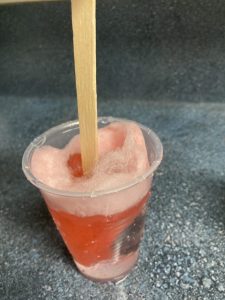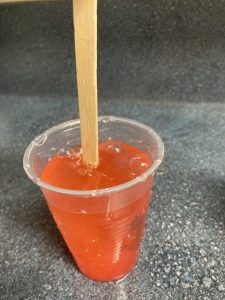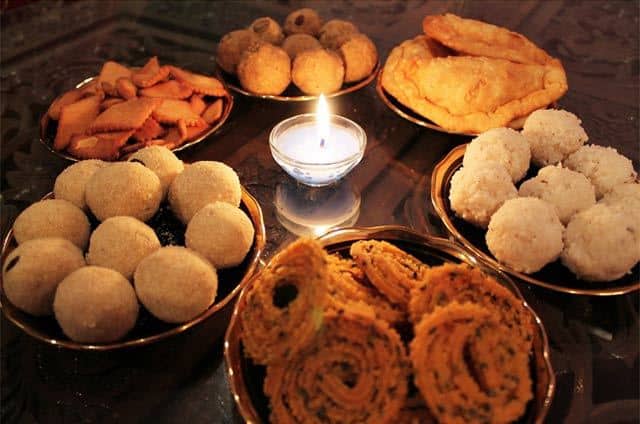Our class has been hard at work coming up with our theories on what really happened during the Salem Witch Trials! We explored the possible role the poisonous fungus may have played in this terrifying moment in history. According to historians, two children (Betty and Abigail) were the first to be diagnosed with ‘bewitchment’ after complaining of symptoms including ‘visions’ (seeing ghosts), feeling pinching/burning on their skin, and experiencing seizures and convulsions. While doctors at the time were convinced the supernatural was to blame, scientists today think contaminated bread may be to blame. Please feel free to click on the link below to see our evidence and comprehension/discussion questions!








